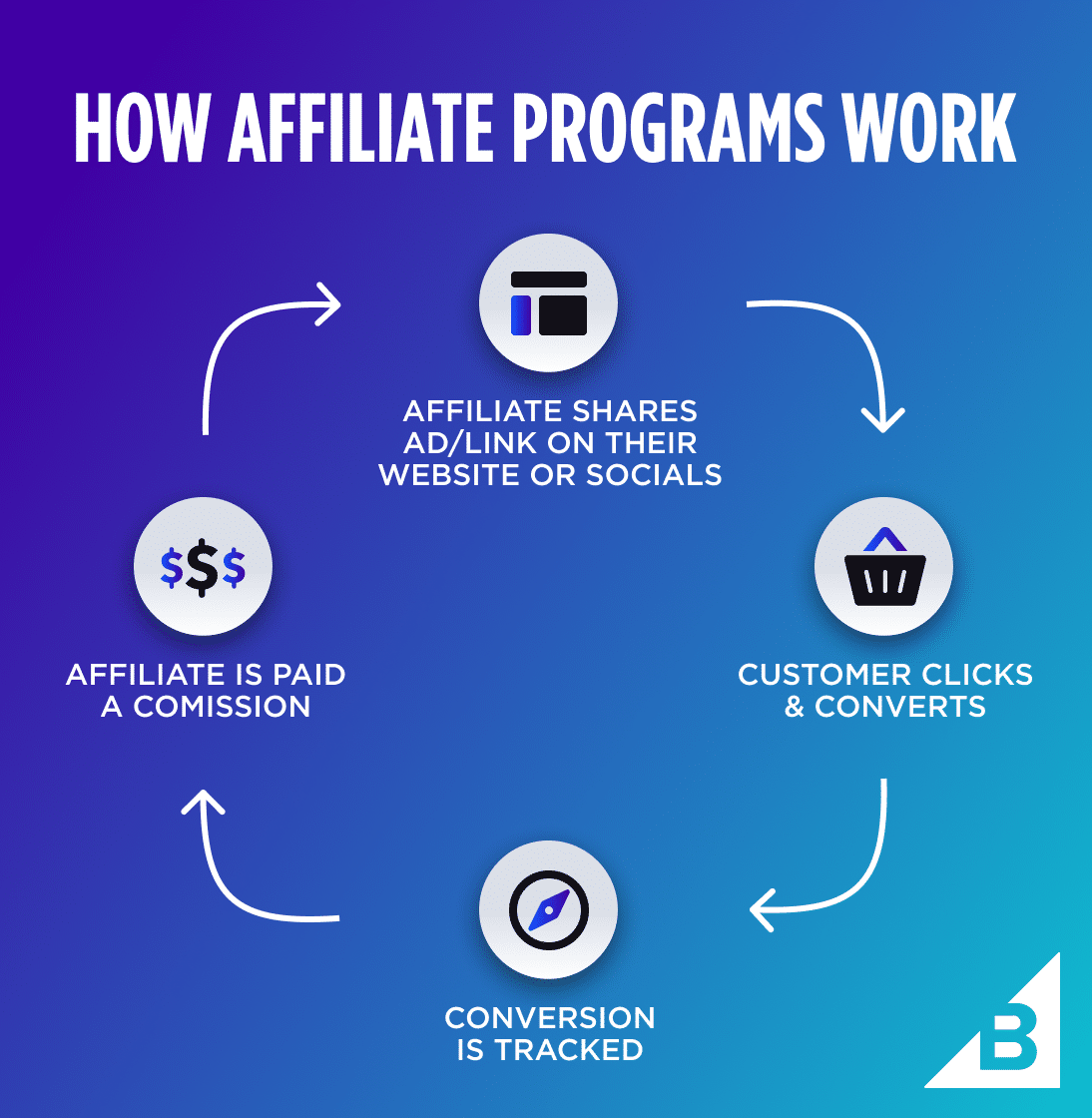Understanding the Concept of Affiliation
In the vast realm of business and commerce, the term «Affiliation» carries a significant weight. It involves a connection or association between two or more parties, usually organizations or businesses, working together to achieve common goals. The nature of this association can vary immensely based on the context it is being used in. Nevertheless, it tends to symbolize a bond built on mutual benefits and understanding.
The Basics of Affiliation Relationship
A business affiliation is characterized by non-binding agreements where the involved entities maintain their independence while collaborating on certain projects or ventures. This harmonious connection allows affiliated companies to enhance their resources, strengthen their market presence, and attain broader business objectives that would be difficult to achieve individually. Sharing of industry know-how, technical knowledge, and strategic insights are often a part of these affiliation relationships.
Types of Business Affiliations
- Strategic Alliances: These are partnerships formed to synergize different aspects like technology, marketing, or product development, resulting in a win-win for all participating entities.
- Franchise and Chain Systems: In this case, an affiliation is formed when a business allows another to operate under its brand or franchise, sharing operations methods and brand recognition.
- Network Marketing: Independent representatives or affiliates promote and sell the products of a parent company. They earn a commission on sales, leveraging personal networks to increase brand reach.
Types of Affiliation: An In-Depth Look
Affiliation can be distinguished into a multitude of categories, all of which serve different purposes and objectives. In the context of business, academia, marketing, non-profit institutions, or even sports clubs, affiliation holds various connotations, but primarily it underlines a sense of belonging or alliance to an organization, entity or cause.
Business Affiliations
Business Affiliations are pivotal in expanding a company’s reach and influence in the industry. This affiliation paves way for shared resources, strategic partnerships and improved market presence. Businesses often engage in affiliations to build their brand and expand their target audience.
Affiliate Marketing
Affiliate Marketing is a unique kind of affiliation that involves a merchant partnering with an entity to promote their goods or services. The entity – affiliate – earns a commission for every customer they direct towards the merchant. This concept has gained significant popularity with the advent of the digital age, transforming the landscape of online marketing.
 Understanding the Essentials: What is a Website and Its Significant Features
Understanding the Essentials: What is a Website and Its Significant FeaturesAcademic Affiliations
Academic Affiliations are another important type of affiliation, typically indicating collaborative relationships between educational institutions and other entities such as hospitals, research institutions or other universities. These affiliations enable sharing of resources & expertise and foster environments conducive to higher learning and research.
The Importance of Affiliation in Business
Understanding and leveraging the power of affiliations can be a game changer in today’s competitive business landscape. Affiliations, in the form of alliances, partnerships, sponsorships, or memberships, contribute significantly towards the growth, sustainability, and success of a business. They provide a plethora of advantages such as expanded market reach, increased brand visibility, enhanced product offerings, and superior customer service, among others.
Broadening Market Reach
In the world of business, affiliation acts as a catalyst in broadening a company’s market reach. An alliance with firms operating in similar or complementary sectors can expose the business to a larger target audience, thereby driving its growth in diverse geographic locations.
Promoting Brand Visibility
Another notable benefit of affiliations is their role in increasing brand visibility. By associating your business with well-known and reputable brands, you effectively ride on their established recognition and reputation, which can result in heightened brand visibility and recognition, and ultimately, increased consumer trust and loyalty.
Enhancing Product Offerings and Customer Service
Furthermore, affiliations enable businesses to enhance their product or service offerings. This could mean delivering more comprehensive solutions, innovating within the industry, or improving the quality of customer service. With these enhancements, a business can significantly improve customer satisfaction and secure a stronger position in the market.
 Understanding the Essentials: What is a Website and Its Significant Features
Understanding the Essentials: What is a Website and Its Significant Features Understanding the Role: What is a Webmaster in the Digital Age?
Understanding the Role: What is a Webmaster in the Digital Age?How to Establish Affiliation for Your Brand
Establishing a strong affiliation for your brand can significantly enhance your business’s credibility and reputation. It involves creating a powerful brand image and associating it with other well-respected organizations or influencers within your industry.
Choose the Right Affiliates
Selecting the right affiliates is crucial when you aim to establish brand affiliation. Identify potential affiliates that align with your brand values, vision, and target demographics. Doing so can promote your brand effectively and contribute positively to your business’s image.
Build Strong Relationships
Building strong relationships with your affiliates is another key factor. This involves keeping open communication, providing the necessary resources for them to endorse your brand and ensuring mutual benefits.
Consistency in Brand Image
Finally, consistency in your brand image is vital. Make sure every interaction or statement made by your brand or those affiliated with it echoes your brand message and ethos, thereby maintaining a strong and unified brand identity across all channels.
Real-Life Examples of Successful Affiliation Strategies
When it comes to online marketing, affiliation strategies have proven to be a successful method for many businesses. From small businesses to multinational corporations, everyone is leveraging the power of affiliate marketing to expand their reach. Let’s have a look at some real-life examples of successful affiliation strategies.
 Understanding the Essentials: What is a Website and Its Significant Features
Understanding the Essentials: What is a Website and Its Significant Features Understanding the Role: What is a Webmaster in the Digital Age?
Understanding the Role: What is a Webmaster in the Digital Age? Understanding What is Sold in Digital Marketing: A Comprehensive Guide
Understanding What is Sold in Digital Marketing: A Comprehensive GuideAmazon Associates
There is no better example of successful affiliate marketing than Amazon Associates. As one of the largest online retailers in the world, Amazon has seen enormous success with its affiliate program. By allowing website owners, bloggers, and other internet marketers to advertise Amazon products and earn commission on any sales made, Amazon has significantly extended its marketing reach.
The Wirecutter
The Wirecutter, a product review site, is another excellent example of a successful affiliation strategy. By providing high-quality, detailed reviews of various products and linking those products back to online retailers like Amazon and Best Buy, The Wirecutter has built a substantial revenue model solely based on affiliate marketing.
Hosting Companies
Many hosting companies, like Bluehost and Hostgator, also use affiliate marketing as part of their growth strategy. They offer significant commission to bloggers and other digital marketers for recommending their services to their followers, thereby increasing their customer base. This strategy has been highly successful for these companies, leading to their exponential growth.
